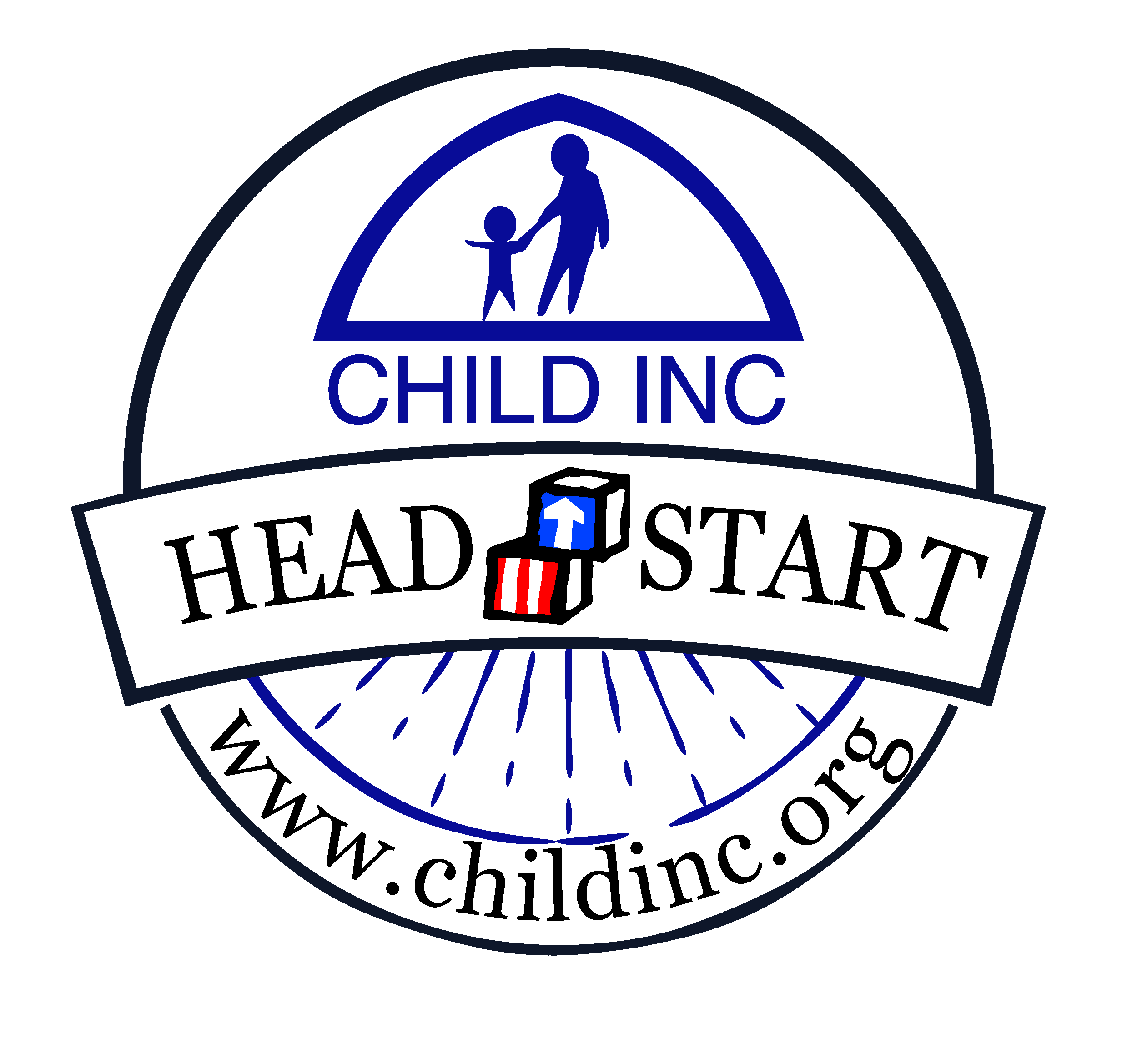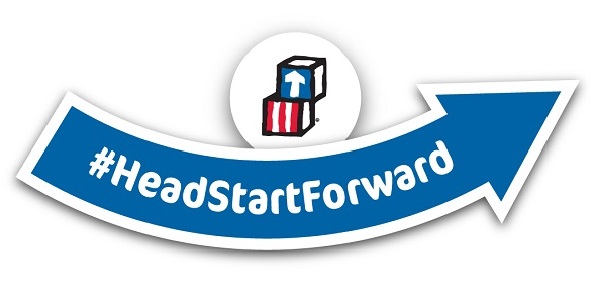Addressing mental health, which includes the social and emotional well-being of children and the adults who care for them, is key to addressing COVID-19. The COVID-19 pandemic is unique because it is a shared adverse event that has impacted us all in some way. These impacts may differ based on factors such as what resources an individual has access to or where they live. As programs continue to return to full in-person comprehensive services, there have been questions about how best to support children, families, and staff when it comes to their mental health and wellness. This is especially important given the concern of exposure to adverse experiences over the past year.
The first thing to remember — and take pride in — is that the Head Start program has a long history of promoting wellness and supporting the nation’s most vulnerable children and families through stress, trauma, and adversity. We know that safe and predictable environments and nurturing and responsive relationships buffer the effects of stress. This is true for the mental health and wellness of children, as well as for adults. Adult and child mental health are inextricably linked. Addressing children’s social and emotional needs cannot happen without first meeting the needs of the adults in their life.
The Head Start Forward webinar on mental health and staff wellness reminds us how to create safe environments and build nurturing relationships in the context of the COVID-19 pandemic. Programs should consider the following as they move toward full in-person services:
- Make mental health everyone’s business. Programs are returning to a new normal, and with that comes a level of uncertainty. It is not uncommon during times of uncertainty and stress to experience anxiety, feelings of grief, and loneliness. To be emotionally strong, it is important to first label the experiences we have gone through and recognize that not everyone’s experiences are the same.
- Offer space to families and staff to share their experiences. Doing so will help inform how to meet children and families where they are, both in the classroom and at home. It will also help staff understand what supports they need to do their job effectively.
- Provide children, families, and staff with clear expectations of what will be the same and what will be different as they continue or return to in-person services. This can help ease anxiety and promote a sense of safety and security.
- Build time in the day to reestablish relationships. Feeding and watering old and new relationships, and engaging in social connectedness after a time of social isolation, can improve the mental health and well-being of everyone in the program.
- Prepare to reconnect with children who may have needs that went unmet and set up teams in advance to address those needs. This may be particularly helpful for children with an identified disability who have an Individualized Education Program or Individualized Family Service Plan, or for those children who are waiting for an evaluation. This strategy is also helpful for children who may not have had their basic needs met during the pandemic due to circumstances such as food insecurity or homelessness.
We must recognize that many members of the Head Start community have experienced potentially traumatic events, both before and during the COVID-19 pandemic. All of these strategies are part of a trauma-informed care approach: supporting families by engaging in meaningful conversations, supporting staff with what they need to be emotionally well, and helping children regulate their emotions through relationships and consistency. This approach recognizes the role of trauma in people’s lives. It empowers them by promoting trust, choice, collaboration, and safety. Trauma-informed care is central to meeting children’s social and emotional needs and fulfilling the Head Start mission.
Just as we teach children and offer strategies to help them cope, we need to take intentional steps to boost our own wellness during this time of uncertainty. There are a number of strategies to consider:
- Labeling and recognizing our own feelings
- Taking a mental break from the news and other stressors
- Doing something we enjoy
- Taking care of our bodies and our minds
- Focusing on the facts and educating ourselves about what we can do and what is in our control
- Being more patient with ourselves and those around us
- Reaching out for help when needed
Focusing on mental health and wellness is so important. We need to do it for ourselves, our families, our communities, and for the children we serve.
Sangeeta Parikshak is a Licensed Clinical Child Psychologist and the Lead for Early Childhood Behavioral Health for the Office of Head Start.

